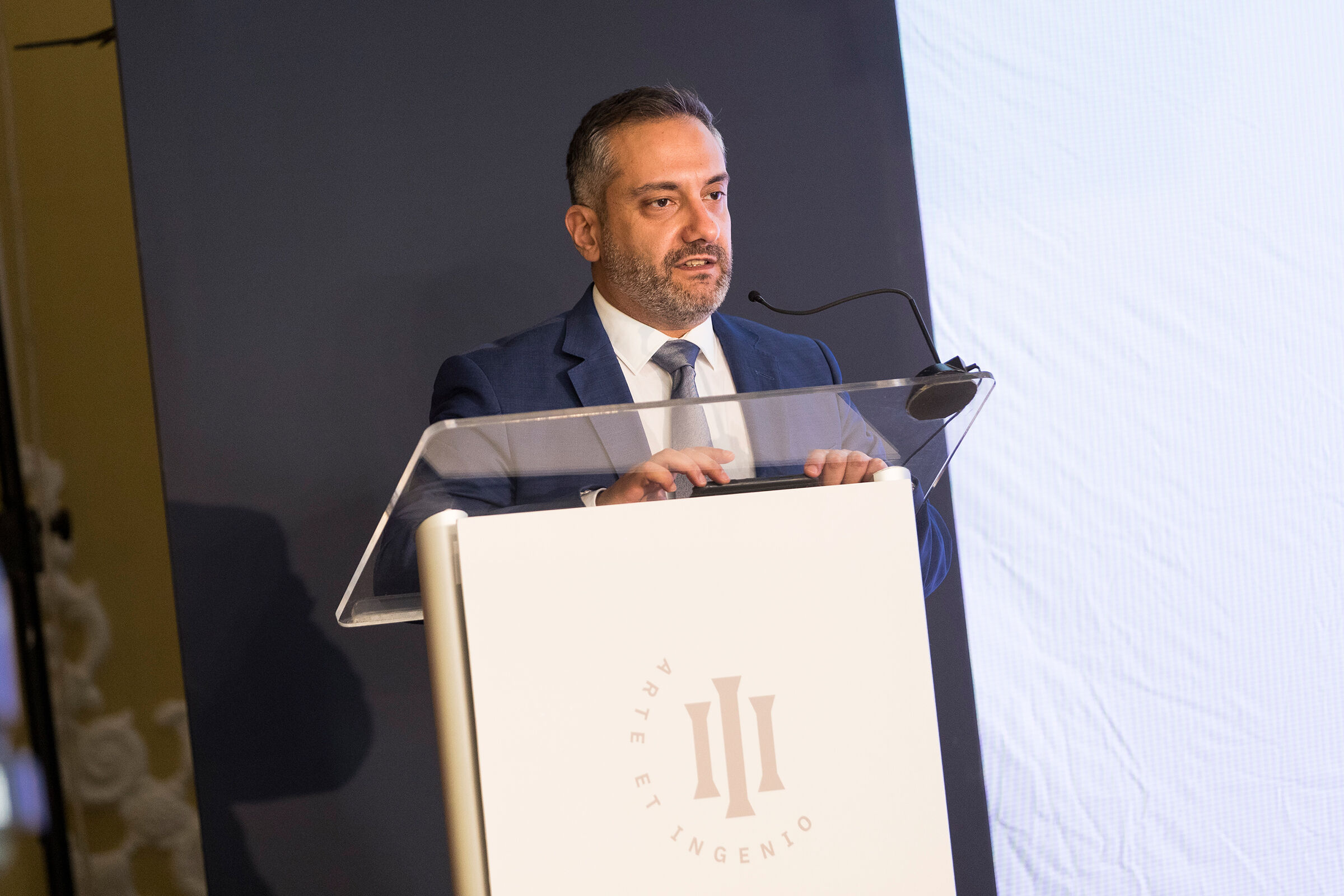PR 01/22 | The 74th General Meeting of the European Council of Civil Engineers convenes in Malta to discuss the challenges of Climate Change
The 74th General Meeting of the European Council of Civil Engineers convened in Malta this morning. This was the first time this prestigious European federation convened in person since the COVID-19 pandemic began in early 2020. The event was organised with the support of the Ministry for Public Works and Planning.

Opening the general meeting, the ECCE President Engineer Andreas Brandner stated that the COVID and the war in Ukraine have caused serious disruptions to the production and shipping of materials across Europe resulting in significant inflation.
Brandner also remarked that the effects of the failure to maintain and upgrade critical European infrastructure, including water, transport and sewage systems, to cut public expenditure is becoming increasingly apparent. The measures that many European governments are now adopting, driven mainly by lobby groups, are resulting in an exorbitant waste of public funds. The ECCE president called for a more holistic approach in this regard.

Andre Pizzuto, President of the Kamra tal-Periti and host of the four-day event, spoke of the critical role of built environment professionals, and in particular civil engineers in addressing the climate emergency. Pizzuto remarked that “during these past two years, as members of society became more sharply aware of the vulnerability of humanity on this earth, the impetus to address the impending climate emergency gained renewed urgency.”
Pizzuto referred to research publications pointing to the fact that “Malta’s energy demand over the next thirty years is projected to grow significantly, as its population continues to also grow at a fast pace. By the end of this decade, buildings will account for over 50% of the energy demand. A further 30% will be consumed for transportation.”
“The dominance of cars in Malta, with 6 cars for every 5 inhabitants, further exacerbates the unsustainable energy demand in our country,” he warned.
The KTP President called on the European Commission and national governments across Europe to strengthen the engineering profession by affording it the recognition it merits and providing the necessary legislative and regulatory infrastructure for engineers to meet the challenges posed by the climate emergency in a safe and sustainable manner.
“Nobody in their right mind would have considered liberalising and lowering standards in the regulation of health professionals during the peak of the health crisis we have just been through. Then why does the Commission think it is appropriate to continue advancing the notion that dropping standards in engineering is appropriate in the midst of this environmental emergency?” he asked.

In his opening address, Minister for Public Works and Planning, Stefan Zrinzo Azzopardi said that the Government, mindful of the challenges affecting the construction sector, mainly where human resource management is concerned, will be introducing new laws aimed at improving regulations in the field including those on the licensing of contractors and improving the skills of all workers in the sector. Once adopted, these laws will boost the quality and standards of the construction industry. The Minister added that it is also vital that a safe development process is also energy efficient and considers the needs of the public, particularly the end consumers. He stated that it is time for the Civil Engineers’ profession to take a more leading role in the planning and design processes. They need also to contribute towards helping the country to reach its net-zero target and climate action programmes. Minister Zrinzo Azzopardi stated that a healthy community in a resilient economy will look at these disruptions as an opportunity for change, a change for the better.

